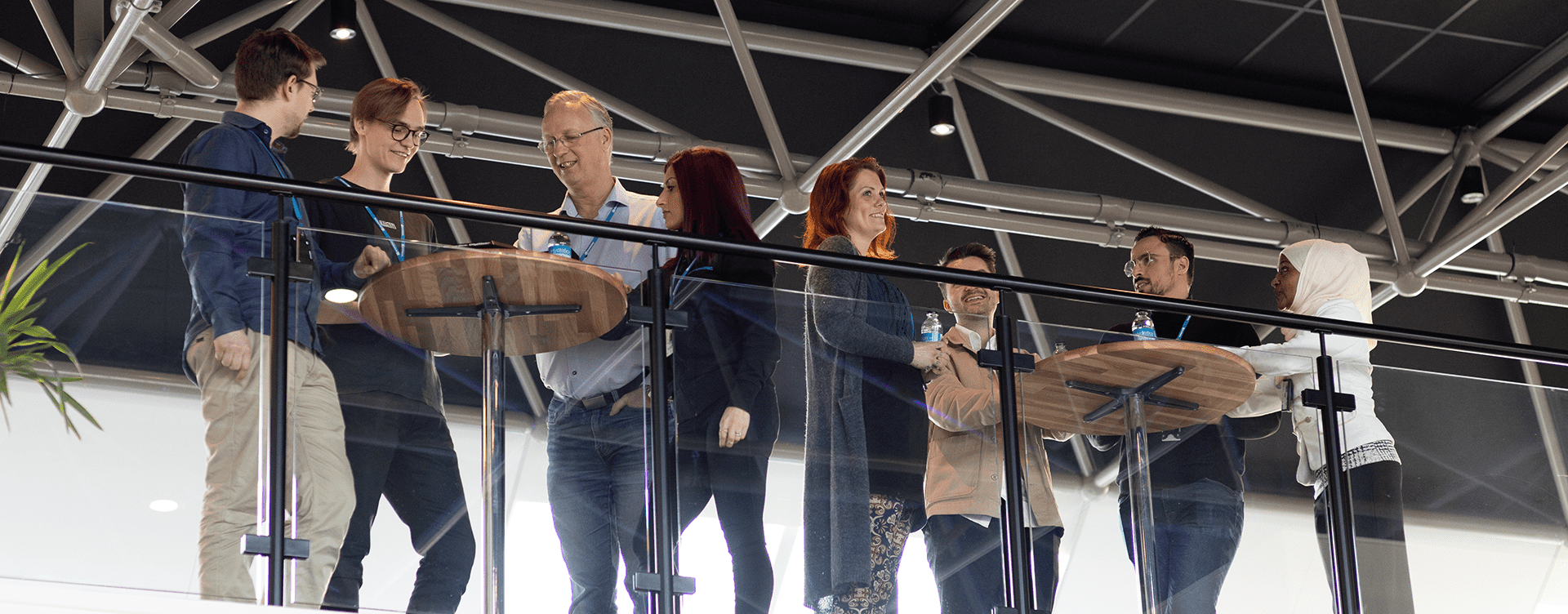

Background
Unmanned Aerial Vehicles (UAVs), commonly known as drones, have seen significant advancements and widespread applications in recent years, ranging from military operations to commercial and civilian uses. The core of UAV applications lies in their ability to navigate autonomously and perform complex tasks with high precision and reliability. Effective control strategies are essential for ensuring the stability, accuracy and efficiency of UAV operations.
The dynamics models of UAVs possess characteristics of underactuated, nonlinearity, static instability, and a strong coupling between the dynamic states. It can be challenging to control drones accurately in complex paths through the 3D environment given the dynamics. Here MPC might be a powerful tool for effective control of drones. The application of MPC in UAV control has been shown to provide significant benefits in terms of stability, trajectory tracking, and energy efficiency.
However, implementing MPC in real-time for UAVs poses several challenges. The computational complexity of solving the optimization problem can be high, especially for nonlinear models and in high-dimensional state spaces typical of 3D flight environments. Ensuring real-time feasibility requires efficient algorithms and possibly simplifying assumptions or model approximations.
The research will explore different modeling approaches for UAV dynamics, develop and test MPC algorithms tailored to these models, and evaluate their performance through simulations and real-world experiments. The goal is to advance the understanding of MPC’s capabilities and limitations in the context of UAVs, and to contribute to the development of more robust and efficient control strategies for autonomous aerial vehicles navigating complex three-dimensional spaces.
Work description
The work will consist of developing the control strategies that are chosen to evaluate and compare performances. The method of evaluation and comparison will need to be determined. Collecting data from all the chosen control strategies will be needed.
We think the thesis will contain the following parts,
For a successful thesis work, we believe that the applicants should have a background in control theory and software development.
Application:
We look forward to receiving your resume, and preferably, a personal letter in which you explain why you want to write your thesis with Syntronic.
We screen and evaluate applications on an ongoing basis.


Sök stipendier i Sveriges största stipendieportal
Se alla stipendier »Sök lediga jobb från Sveriges attraktivaste arbetsgivare i vår jobbportal
Se lediga jobb »Sök traineeprogram från Sveriges attraktivaste arbetsgivare
Se traineeprogram »